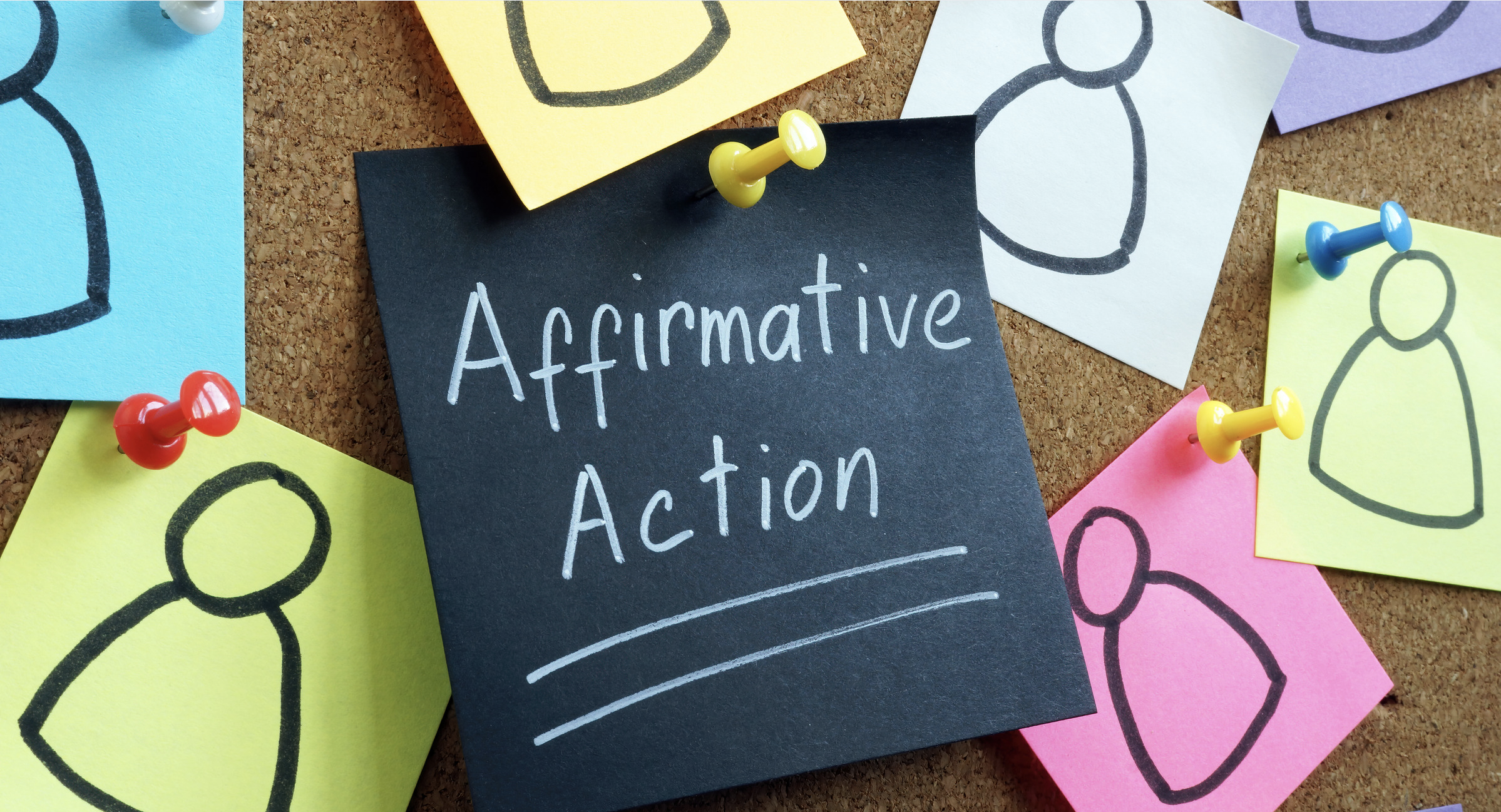Jongwon Lee | Korea Daily
Park, the mother of a seven year old student in Atlanta, defected from North Korea a decade ago.
“We came to the US for a better education for my son with a mental disability. He has adapted himself to his new surroundings so well, and now is enjoying his school life,” she said. “I made an unwise choice being undocumented, which I regret now.”
Park, who asked to use a pseudonym, has stayed with her son in Georgia for years after their temporary legal immigration status expired.
“I hope my child has opportunities to get educated here to do his part in this country,” she continued. “If he were deported or not eligible for college admission, I’d have no idea what to do for his future or even next year.”
She is now afraid of losing such a future for his child since the overturning of affirmative action and, more recently, the victory of Donald Trump, who campaigned on promises to conduct the biggest deportation in U.S. history.
She does not understand exactly what these mean for her family, but has the impression that “something bad will happen in the future.”
Over a year has passed since the Supreme Court overturned affirmative action in Students for Fair Admissions v. Harvard and Students for Fair Admissions v. University of North Carolina in June 2023. The decisions, which held that affirmative action in college admission is not constitutional, prohibit public and private institutions from including race in considering applicants.
Since this ruling, historically underrepresented groups — especially undocumented communities who may be vulnerable to public charge since the election of President Trump this month — have become reticent to applying to colleges, work programs and even K-12 education.
Park’s impression of these outcomes, if unclear, is worth being heard, according to Hong, a Korean American businessman in Atlanta who supports Park and her son through guidance, emotional support and, through his church group, financial help.
“I comfort the Parks when they’re distraught, telling them that they will be alright if we work hard and are good people,” said Kong. “However, such news may make her afraid to send her child to school. They are little-educated and have nowhere to return. If something happens to her child’s livelihood and education, they will hide somewhere, just as she suffered a decade ago.”
Fran Fajana, director of racial justice strategy at civil rights advocacy organization LatinoJustice, said “The chilling effect and the amount of anxiety that the Supreme Court decision is causing across our communities is really palpable,” adding that “there are movements to change the Supreme Court decision that guarantees undocumented immigrants’ children the right to public education.”
Liz King, senior director of education and equity at the Leadership Conference on Civil and Human Rights, said that in the wake of these federal decisions, state- and local-level legal protections are more crucial than ever to protect public education for undocumented children, particularly under a second Trump administration: “We want to ensure that no one is afraid to send their child to school. All children have the opportunity to attend K-12 schools, regardless of their immigration status.”
Park said special education programs at her son’s public school have been key to his social and academic success.
“I had little access to education in a public school in North Korea where all of my family worked hard, nearly to death just to get some food,” she added. “I hope my child can get a better education here than what I received … so he can work hard to pay it back in America.”
This coverage is made possible through the Ethnic Media Services / AAJC reporting project on diversity after affirmative action.




